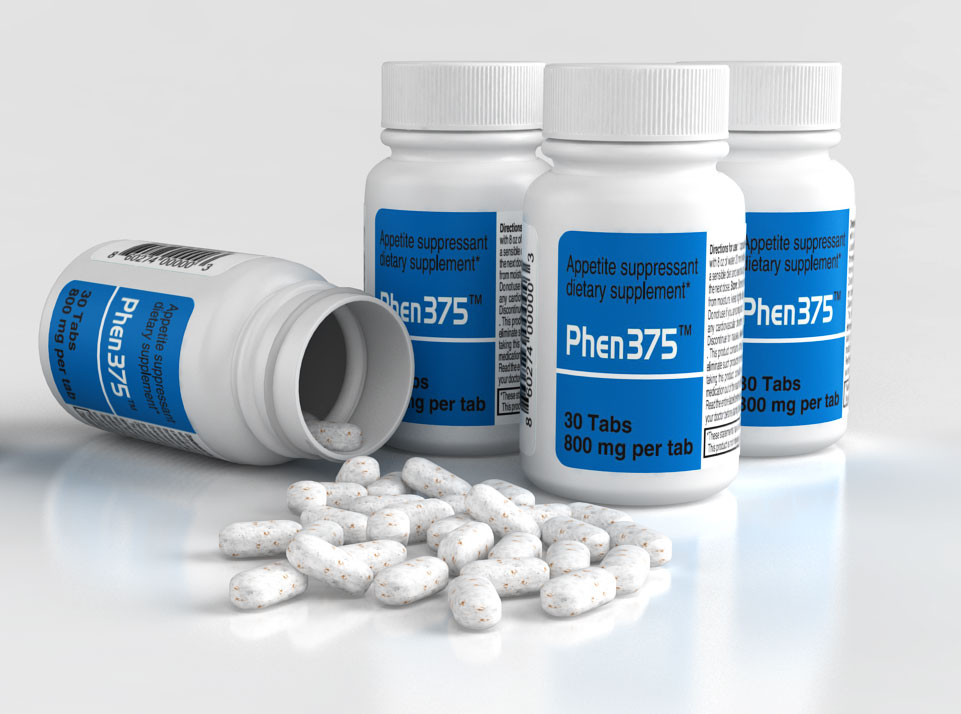Phentermine is in a class of pharmaceutical grade, prescription only medications taken for weight loss. It is only available under very strict circumstances. If you or a loved one has considered taking phentermine or related weight loss drugs, you should definitely have a conversation with your doctor.
In this brief article, I’ll discuss the findings of a large-scale research project from 2013 that sought to further understand the relationship between phentermine and what the paper called “affective disorders.” In general, the number of cases of phentermine causing depression could be related to either: the person had preexisting mood disorders; or there was a negative reaction with some other medication.
Key Takeaways
✲ Several documented cases have been reported of worsening conditions among patients with behavioral issues after taking phentermine.
✲ Some depression linked to phentermine may be caused by pre-existing depression related to obesity.
✲ Certain cases of phentermine use resulted in manic-like episodes, causing some doctors to warn about increased suicidal tendencies.
What the Research Says
Because nearly all of the research conducted on phentermine had to do with whether it was a) effective for weight loss, or b) had serious physical side effects, there has been no large-scale study to research the depression element of phentermine use.
There were two studies cited wherein depression was noted by the scientists involved, mostly as a reason cited for participants withdrawing from the studies. In one study cited by the literature, 4.7% of the phentermine group withdrew because of depression symptoms. But of those who completed the trial, all groups reported depression symptoms getting better. This may indicate that the depression symptoms were unrelated to the actual drug.

The rest of the literature evaluates how, or if, phentermine is related to depression concerns two primary elements:
- 1Case studies, wherein doctors treating a specific patient report possible links to the medication the patient is on (including phentermine).
- 2And chemical analysis of phentermine and drawing possible links to chemically related prescriptions
Following the case studies route, we see that case studies where psychosis or manic symptoms occurred also occurred in the presence of other drugs the patient was on. Specifically, if patients had been taking drugs to help with any affective mood disorder. Symptoms were also immediately remedied by ceasing to use phentermine. This indicates that what symptoms do develop are not permanent.
The second factor to consider, whether the chemical nature of phentermine may be responsible for the symptoms, relies heavily on its similarity to amphetamine drugs, well-known for their impact on affective disorders. This suggests that if a person is sensitive to anything in the amphetamine class or related drugs, then phentermine would present similar dangers.
Phase III Clinical Trial Literature
Many people keeping up on vaccine news are aware of something called “Phase 3” in drug trials. This is the final step required by the FDA to be cleared for market, and requires testing with human participants.
In the literature legally required for the manufacturer to make available, which I’ve linked here, depression is listed twice: once as a symptom of “prolonged high dosage” and another time as an indication of “Acute Overdosage.” In both of these instances it should be clear that the recommended dose for the normal person receiving phentermine would be lower than these levels.

Conclusion
Some may wonder why, if the link to depression and affective disorders is so small, why is it an issue. The answer has to do with the severity of the affective disorders. Any time a drug may lead to worsening suicidal tendencies or episodes of psychosis, the medical community puts a large asterisk next to it. In the case of the Mayo Clinic, the warnings about phentermine and mental issues are listed right after concerns for pregnant women and heart failure.
If your doctor has discussed phentermine for you or a loved one, it would do you or them well to mention any concerns you may have about mental health issues, as the consequences of an episode related to phentermine could be severe. Any preexisting medications or depression should be openly discussed, as these have the highest correlation to negative outcomes.
Related Articles: Does Phentermine Cause Headaches, Can Phentermine Make You Tired
